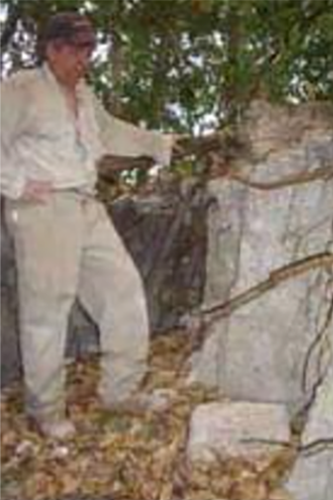Department of Anthropology
Stephen Houston to Present 2023 A. W. Mellon Lectures in the Fine Arts
The Center for Advanced Study in the Visual Arts at the National Gallery of Art in Washington D.C. recently announced that Professor Stephen Houston will deliver the 72nd A. W. Mellon Lectures in the Fine Arts beginning in April 2023.
Read Article
